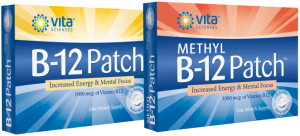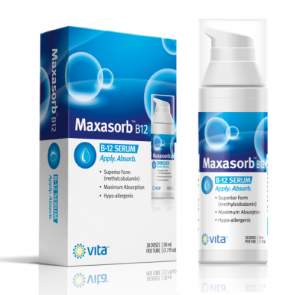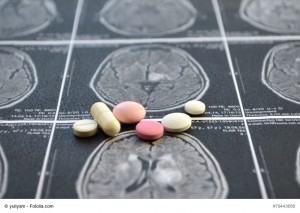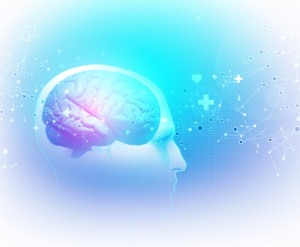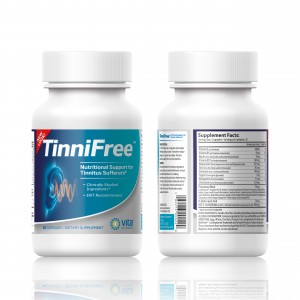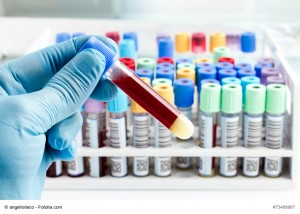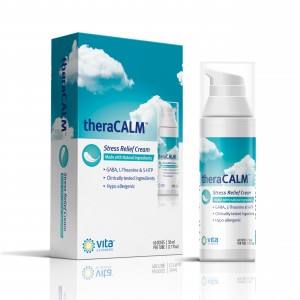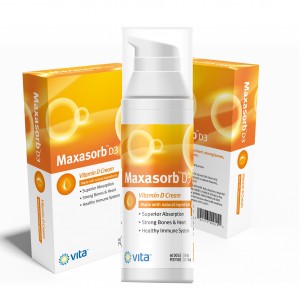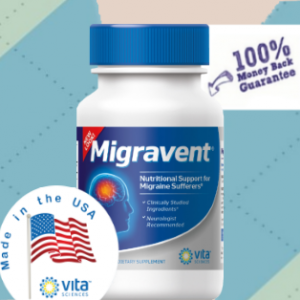Vitamin B12 Deficiency and Insomnia: Can’t sleep? Often, sleeplessness stems from low vitamin B12 levels. Though nearly everyone experiences occasional trouble with falling asleep, chronic insomnia can be part of a range of symptoms attributed to dangerously low vitamin B12.
Vitamin B12 Deficiency and Insomnia
Are you spending your nights tossing and turning, unable to get a restful night sleep? Acute insomnia has a short duration, while chronic insomnia will last longer – anywhere from days to months.
If you suffer from a vitamin B12 deficiency and insomnia—and a surprising number of people these days do—then taking extra vitamin B12 may promote good restful sleep at night, and it will also boost your energy during the day, increase your ability to focus, and promote digestive, cardiac, and immune health as well.
Suffering from Fibromyalgia and Chronic Fatigue? B12 to the Rescue!
Please note: Insomnia can result from an underlying medical disorder, in addition to vitamin B12 deficiency. Consult your doctor if you suffer from chronic insomnia.
Here are some ways that vitamin B12 and insomnia are related.
The vitamin B12-melatonin connection
Vitamin B12 plays an important role in production of melatonin, the body’s “sleep hormone” which helps you fall asleep at night and get deep rest until morning. Melatonin is one of your best defenses against insomnia, but you need healthy amounts of vitamin B12 as well.
Melatonin in the blood rises sharply at sundown, making you feel sleepy, and will usually remain elevated for approximately 12 hours – essentially throughout the night – before the onset of sunrise.
As we get older, and vitamin B12 levels begin to plummet, it becomes more difficult to enjoy a good night’s sleep, due to a reciprocal decrease in melatonin. For that reason many senior citizens struggle with both vitamin B12 deficiency and insomnia.
Doctors have recently observed that a large percentage of Americans over age 60 suffer from a severe vitamin B12 deficiency. Without vitamin B12, your body cannot produce sufficient melatonin, which is needed to help one sleep.
Many people who suffer from insomnia take melatonin pills to help them get to sleep. However, boosting the body’s ability to produce it by increasing vitamin B12 is a more naturally efficient option.
What is vitamin B12 good for?
Vitamin B-12, or cobalamin, is one of the B complex vitamins. According to the University of Maryland Medical Center, Vitamin B-12 is instrumental for maintaining healthy nerve cells, synthesizing DNA and RNA, and regulating blood cells. A vitamin B-12 deficiency can cause fatigue, irritability, digestive issues, and shortness of breath.
The elderly, vegetarians, and vegans tend to have a higher risk of developing a Vitamin B-12 deficiency.
Vitamin B12 for insomnia
If insomnia is caused by vitamin B12 deficiency, then it’s important to supplement with extra vitamin B12 immediately; untreated, vitamin B12 deficiency can lead to nerve cell deterioration and increased risk for heart attack and stroke. Ask your doctor for a vitamin B12 deficiency blood screening while discussing insomnia, and begin supplementation right away.
Take vitamin B12 with folic acid
Taking folic acid (vitamin B9) along with vitamin B12 is also helpful for insomnia, as vitamin B12 assists folate in building red blood cells and absorption of iron, both key components for good sleep health.
For some people, Restless Leg Syndrome (RLS) is yet another cause of insomnia. Research has shown that RLS is related to a folic acid deficiency, and that taking more B vitamins can reduce RLS, helping to provide a full night of sleep, even in people with severe insomnia. It is thus recommended to take vitamin B12 along with vitamin B9 for maximum absorption.
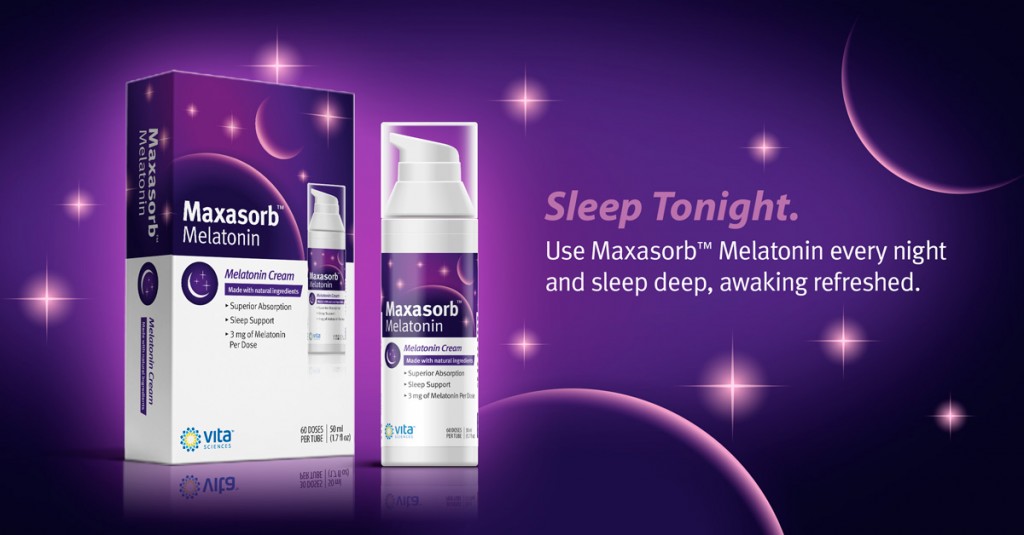
Get more melatonin while you sleep. Buy Now.
Your turn!
What do you do to prevent insomnia? Do you also struggle with vitamin B12 deficiency? Do you have any questions or suggestions? Please leave your comments below.
Share with your friends!
If you found this article helpful, then please share with your friends, family, and coworkers by email, twitter, or Facebook.


